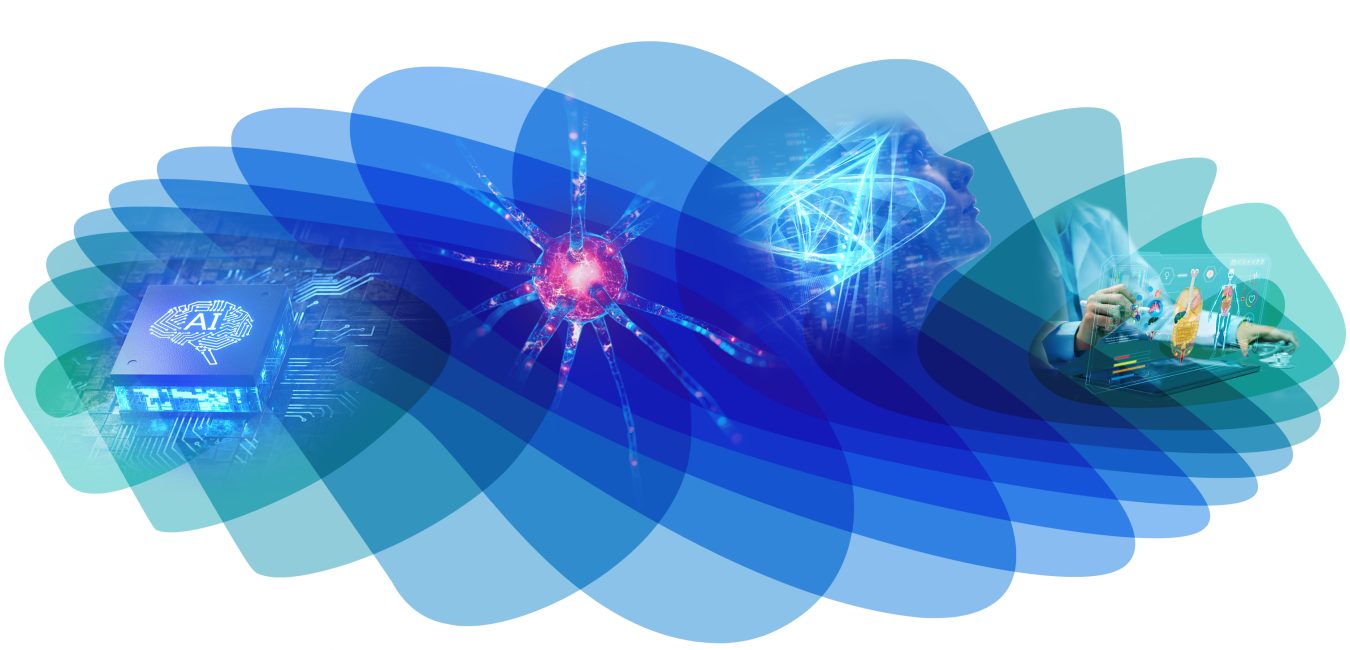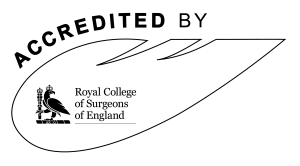Description
Digital Twins are virtual replicas of physical systems that allow their behaviours and responses to be simulated in a digital version of the environment for decision-making. The integration of digital twins and medical robotics has the great potential to revolutionise medical treatments by providing personalised, accurate, and predictive solutions. This workshop will explore the development and application of the burgeoning field of Digital Twins in various medical fields, such as diagnostics, drug delivery, surgery, and patient monitoring, as well as for disorders in various organs, such as the brain, heart, blood vessels, and skin.
We will invite engineers, clinicians, researchers, and students working on mathematical modelling, medical robotics, and digital health to join us. The participants will showcase their cutting-edge computational methods, models, robotics algorithms, and clinical cases, and discuss outstanding problems. We will debate how these digital counterparts can advance our understanding of complex biological systems, predict disease progression, optimise treatment plans, and tackle unsolved challenges.
Programme
| 08:30 - 09:00 | Registration & Coffee | |
| 09:00-09:45 | Modelling the biomechanics of human brain: from macro to micro | Dr Michele Terzano, Graz University of Technology |
| 09:45-10:30 | Towards biomechanics-based pre-procedural planning for thoracic endovascular aortic repair of aortic dissection | Dr. Xiaoxin Kan, Jinshan Hospital |
| 10:30 - 11:00 | Coffee Break & Posters | |
| 11:00 - 11:45 | Understanding cancer structural heterogeneity with tissue multiphysics | Dr Stefan Antonowicz, Imperial College London |
| 11:45 - 12:30 | Image-based multi-physics modelling of load bearing soft tissues. Outlook on meniscus- inspired dampers | Dr Olga Barrera, Oxford Brookes University |
| 12:30 - 13:30 | Lunch Break | |
| 13:30 - 14:15 | Patient models for minimally invasive robotic interventions in structural heart diseases | Prof. Elena De Momi, Politecnico di Milano |
| 14:15 - 15:00 | Bio-inspired design of Integrated Mesh Electronics, Transistor Probes, and Micro-Power Units for Multifunctional Physiological Interrogation and Sustainable Operation | Dr Yunlong Zhao, Imperial College London |
| 15:00 - 15:30 | Coffee Break & Posters | |
| 15:30 - 16:15 | Brain biomechanics to brain pathology | Dr Mazdak Ghajari, Imperial College London |
| 16:15 - 17:00 | Inverse design for shape morphing in inflatable structures and soft robots, based on mechanical metamaterials | Dr Antonio Elia Forte, King's College London |
| TBD | TBD | Prof. Riva, Marco, Humanitas University |
| 17:00 | Workshop End & Poster prizes | |
Learning Outcomes
- Understand the latest advances, challenges, and future directions in developing digital twins for robotassisted medical treatments.
- Gain new insights into the integration of digital twins and medical robotics to maximise treatment efficiency and efficacy.
- Identify the key gaps in collaboration between mathematicians, engineers, and clinicians for the implementation of Digital twins in medical treatments.
Organisers
- Dr Tian Yuan, Imperial College London
- Dr Asad Jamal, Renishaw UK & Ireland
- Dr Wenbo Zhan, University of Aberdeen
- Prof. Daniele Dini, Imperial College London
This workshop is accredited for 6 CPD points.


